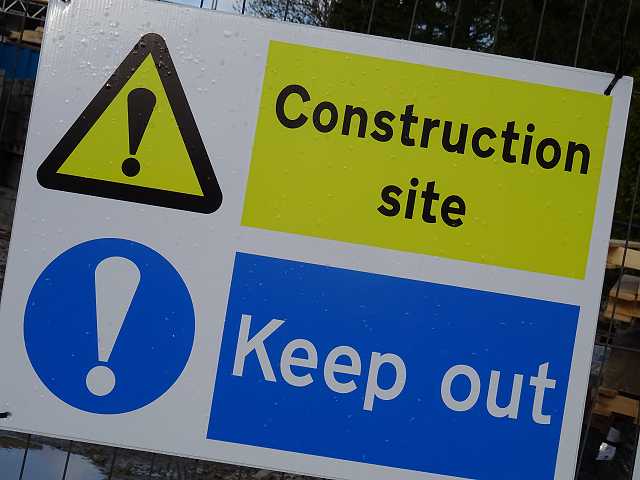Site
Finding a site or property
Talk to the Hub about finding a site, if you don't already have one in mind. Your Local Authority or local Land Agents will have lists of potential sites. It may be that you are interested in reclaiming an old building for housing.
A list of public land available for development is here.
Land for sale which is suitable for housing can also be found at the Self Build Portal.

You will want to check out the feasibility of any sites which are available for development, and make sure that your estimates for costing take into account any factors relating specifically to the site. All of the information you gather about your site will be needed to inform your Business Plan and when you apply for Planning Permission.
It is worth bearing in mind that land which may not be earmarked for housing can be considered if it meets local need for 'affordable' housing for local people.
If there isn't already a map of your identified site it will be useful to get one: You can buy a plan from the online Planning Portal or direct from the Ordnance Survey.
The Hub can
- Put you in touch with people who have sites for development, including empty properties
- Assist with Land Registry search process
- Flag up site considerations for you to investigate and advisors to help
Legal Issues
Check for any restrictions that may affect how the site is developed. There may be factors which significantly affect your costs or may even mean that the site isn't right for your proposals at all. You will need to know about interests in the land including rights of way, historic covenants and protection for wildlife and habitats.
Check title deeds and plans which can be obtained from the Land Registry.
You should always seek help from a legal adviser who will help you to understand the implications of any restrictions and if these can be removed or changed. Restrictions are often put on land when it is sold so that the seller can control what is done for various reasons or so that they get a share in any increase in value. Sometimes these restrictions are very old and the person putting these restrictions on the land may no longer be around.
Not all legal restrictions will be on title deeds as some are placed on land by the local Council such as rights of way, building preservation orders, tree protection orders and protection of plants and animals. There may also be restrictions placed on the nearby roads by the Council's Highways Department which may affect any access into the land.
Many of these matters are considered when you submit a planning application, but you need to understand them before you get to that point as you may find that they stop you developing the site or make it too costly.
Further guidance on planning can be found here.
Technical Issues
Map out and consider the implications of drains, pipes or cables which cross your site. You may have to pay for these to be moved, or factor in working around them.
You'll need water, drains, electricity and telephone wiring nearby to connect your site. If existing service points are some way off, the cost for connection may be very high. There may be other practical considerations to discuss with these service providers early on.
You will need to contact utility companies to make sure that the local system can cope with more houses.
For a site which already has buildings on it, also consider the cost of demolishing or refurbishing the buildings. If the buildings are 'listed' (Listed as being of Architectural or Historical Interest), or if they are in a Conservation Area, you should take specialist advice.
There may be issues about contaminated land which need addressing and you should be aware if the site has a history of flooding. Local knowledge can help here.
Purchase
You should get help from an Adviser for this stage of the work. Your local council may be able to help with grant funding.
Before spending money on further plans or applying for planning permission, the land needs to be bought or legally reserved. You may be able to agree to buy the land subject to getting planning permission and funding so that you can reserve it but back out if something goes wrong.
The price you pay should be no more than a registered valuer decides it is worth. A bank may insist on using their own valuer unless you they agree that they will accept the figures from your appointed valuer.
If the value of the land is more than £125,000, you will need to pay stamp duty on the price you pay for the land and you need to allow for this in your Business Plan. These figures can change if the Government changes them in the budget, but you can find out more about Stamp Duty Land Tax here.
You will need a legal adviser to help you with buying the land and to carry out any checks needed. You can get help with this from the Adviser Pool.
Once you have bought the land you will be responsible for it so you need to take out Public Liability insurance. This is to protect you from any claims made by others. Ideally you will take over the land and then pass it to the builder on the same day so that you can ask the builder to be responsible until you take over the completed houses.
If there are existing buildings that you are converting or other buildings that have value, you will also want to take out insurance against them being damaged.
